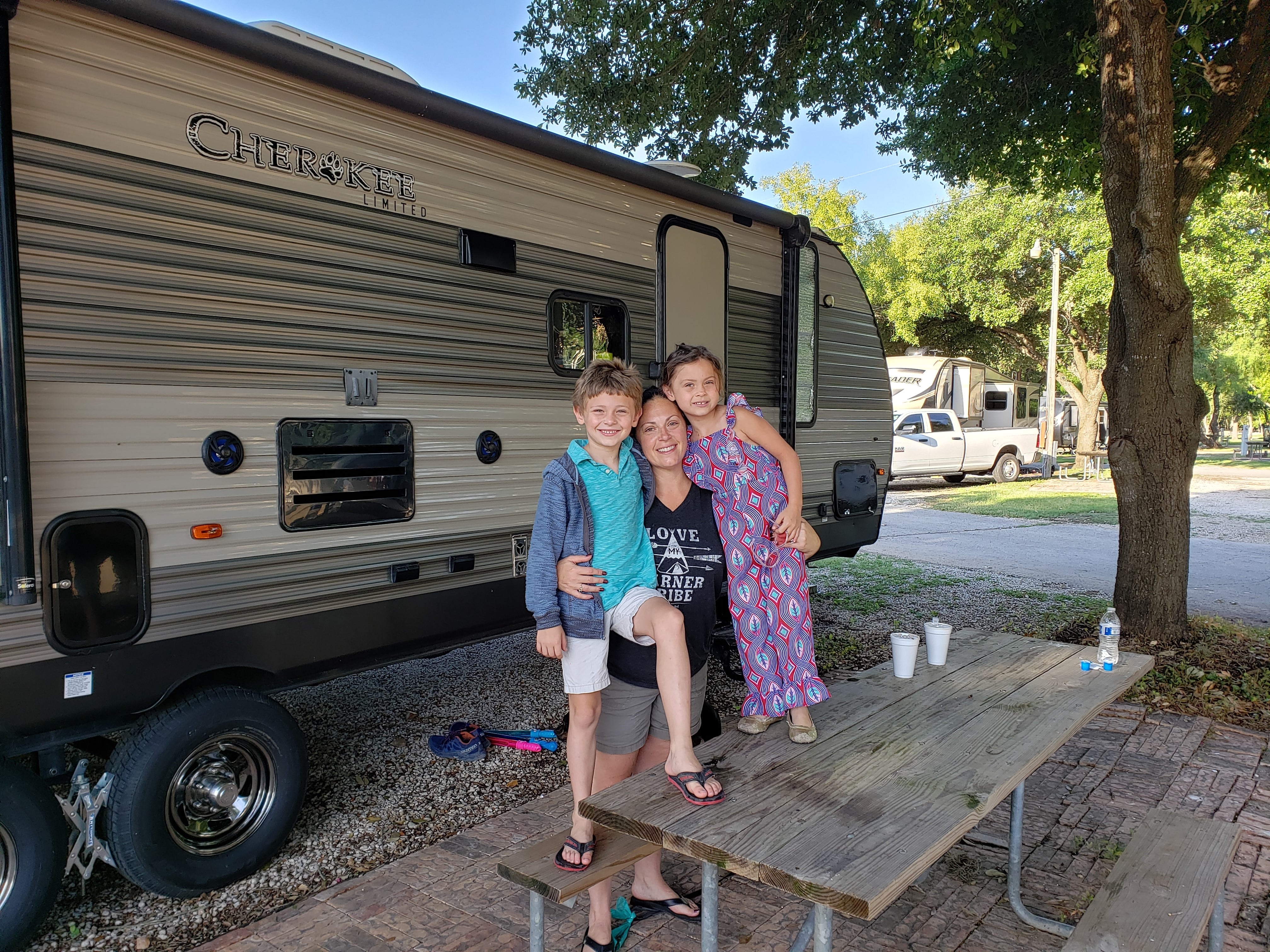A group of military families are pushing harder against their privatized housing landlord, asking a federal court to step in to withhold families’ rent for each house until that house gets inspected for mold, health and safety, and is certified as being safe for habitation.
Attorneys for the eight Army, Air Force and Navy families filed a request Thursday in federal court in San Antonio seeking an injunction against Hunt Military Communities, another step in a lawsuit filed on Oct. 29 alleging fraud in connection with their homes that were uninhabitable at Randolph Air Force Base and Laughlin Air Force Base, Texas.
The families are asking the court to require Hunt to allow a court-appointed, third-party inspector to inspect all the houses on Randolph and Laughlin to determine whether the houses are safe. All rent monies – the service members’ Basic Allowance for Housing – received for any house on Randolph and Laughlin until the inspection has happened and the house has been certified as safe for habitation.
The injunction would be the best thing possible to ensure that no other military families have to suffer through what these and other families had to endure, said Sarah Lynn Kline, an Army wife whose family is among the plaintiffs in the case.
“Also I believe it is likely that the third party inspections would uncover many issues that continue to plague base housing residents, as I don’t believe Hunt can be trusted to adequately rectify these issues on their own.”
This action, part of the Oct. 29 lawsuit, is part of a string of legal actions filed by military families citing mold, pest infestations, water leaks and raw sewage. The latest was filed Dec. 2 by five military families at MacDill Air Force Base in Tampa, Florida, against Clark Realty Capital and The Michaels Organization.
The court document cites Hunt’s announcement —a month after the lawsuit was filed — of a $5 million renovation project for the 317 houses at Randolph Air Force Base. While the families appreciate that Hunt has acknowledged the need for substantial repairs, the company has failed to provide relief to families who currently live in or are leaving these houses, the document alleges.
“For over a decade, Hunt has betrayed unsuspecting military families by collecting their government-guaranteed rent and by relying on military culture, fear of military command, and short-term military tenancies to consciously ignore pervasive and atrocious housing conditions.,” the Dec. 5 court document alleges. Hunt “negligently maintains the houses, applying ‘band-aid’ fixes in a less than good and workmanlike manner without a care for its tenants.
“Hunt has not reinvested in the structural and mechanical systems of these houses, resulting in substantial deferred maintenance that makes many houses unsafe,” the document alleges.
Hunt also leases the house to subsequent families without fixing or disclosing the problem to the new family, the document alleges, giving the example of the home of one family where about eight inches of standing water and raw sewage was found in the crawlspace underneath their house on Oct. 11 — and had been there for months because of broken sewer lines. They were at least the third consecutive family in that house that had been forced to flee the house because of health and safety problems, according to the court document.
Officials at Hunt declined to comment on pending litigation. According to the court docket, the company is scheduled to file its response to the lawsuit’s allegations by Dec. 11.
RELATED

In the latest step, the families are asking the court to prohibit Hunt from retaliating against any tenant by making statements about them to anyone in the military, including their chain of command, or to any landlord or prospective landlord, except to confirm that they were tenants, and the time frame.
The document cites the experience of Air Force Lt. Col. Mark Hiatt and his family, who fear that Hunt may retaliate for their complaints by contacting Hiatt’s superiors, and that Hunt may harm their chances of getting base housing at future installations. The injunction prohibits Hunt from refusing to lease a property to any complaining service member at any other military base.
The injunction also asks the court to:
*require Hunt to get a mold inspection from a licensed mold assessment company for each house where there has been a credible complaint of mold since Nov. 1, 2017, and provide the results to any current or prospective resident of the house
*prohibit Hunt from leasing houses at Randolph and Laughlin that were vacant on Oct. 29, or vacated since then, until the houses are inspected and certified as safe for habitation by a third-party court-appointed inspector
*requires Hunt to allow a tenant who wants to terminate their lease for a reason related to health and safety to do so without penalty, to include no termination or cleaning fees
*requires Hunt to provide any tenant a secure, mold-free location where they personal belongings can be remediated before they move.
Karen has covered military families, quality of life and consumer issues for Military Times for more than 30 years, and is co-author of a chapter on media coverage of military families in the book "A Battle Plan for Supporting Military Families." She previously worked for newspapers in Guam, Norfolk, Jacksonville, Fla., and Athens, Ga.




